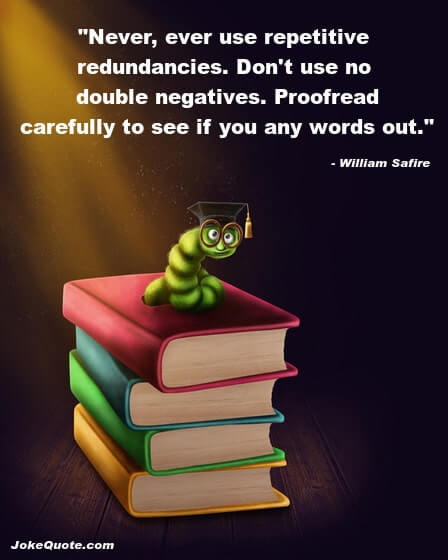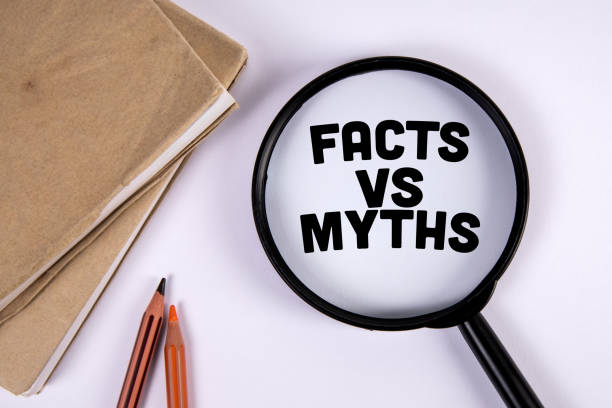1. You don’t have to live in secluded splendor in the high country to receive inspiration for, or write, the next bestseller. Or any story for that matter.
Jeffery Deaver told a small audience at a writer’s conference that he worked in “…a dark room with two computers.”
J.K. Rowling conceived the idea of Harry Potter while sitting on a delayed train from Manchester to London King’s Cross. https://www.jkrowling.com/about/
2. A ingenious plot equals a best-seller.
No go. Cindy Fazzi at cindyfazzi.com, reminds us “…especially true in fiction; the execution of the idea and the actual writing will sell a book…”

“Real seriousness in regard to writing is one of two absolute necessities. The other, unfortunately, is talent.” Ernest Hemingway
3. All I must do is sell ONE book, and untold wealth will follow!
Ah, no. Odds are against you. Simply put, don’t quit your day job. Yet.
“If writers were good businessmen, they’d have too much sense to be writers.” Irvin S. Cobb
4. Only people that are depressed, eat tons of chocolate, are alcoholics and/or have a plethora of felines are authors.

Where from Mesopotamia to Mesoamerica did these rumors begin?
5. Law Degrees Required (to write legal thrillers).
Hmm… Let’s think about that. John Grisham was an attorney. David Baldacci was an attorney at law. Jeffery Deaver was a lawyer. Attorney Erle Stanley Gardner created Perry Mason. Meg Gardiner practiced law in Los Angeles and taught in the Writing Program at the University of California Santa Barbara. Ah, come on. She’s even a Jeopardy winner. http://meggardiner.com/biography/. Holy submarine—Jules Verne received a law degree in 1849. https://bookjobs.org/8-world-famous-writer-with-a-law-degree/ Wait just a minute. Michael Connelly, https://www.michaelconnelly.com, the creator of The Lincoln Lawyer, never practiced law! Connelly did graduate with a major in journalism and a minor in creative writing. There’s hope for the rest of us.
6. All writers have a muse.
Prob’ly not. Although, Pandora provides String Quartet and Film Scores radio stations.
7. Authoring historical fiction takes little to no research. The few minutes of research necessary is easy, simple.
Well!

I’m not saying a hike through the Grand Canyon is not a great way to research, but with the internet, frugal research has become instantaneous. There are photos and reviews on-line, plus actual books and magazines with valuable information too. Every writer needs their research (whether for historical fiction or another genre) to be thorough. USE CAUTION. Don’t believe everything you read, especially on the net. Remember, your first search may utilize an old cache. May I suggest you hunt for the same subject at least twice.
8. Professional authors must have an MFA to write a story.
Nope.
9. Every person has a book in them.
Perhaps. However, not every person can write said book. Or paint a portrait, be a positive influence, be an award-winning poet or song writer/singer, become a neurologist, work in customer service, withstand the heat of working on roads and roofs, correctly counsel others, or be the next Armani or Calvin Klein.
10. All novelists are expert grammarians and spellers.
Allow me to throw a little light on that subject: God invented editors and proofreaders for a reason.

“If the English language made any sense, lackadaisical would have something to do with a shortage of flowers.” Doug Larson
Here’s to the (writerly) force. Not fabrications.
Quotes found at: https://www.funny-jokes-quotes-sayings.com/funny-quotes-about-writing.html
Photos located at: https://pixabay.com and https://istockphoto.com

